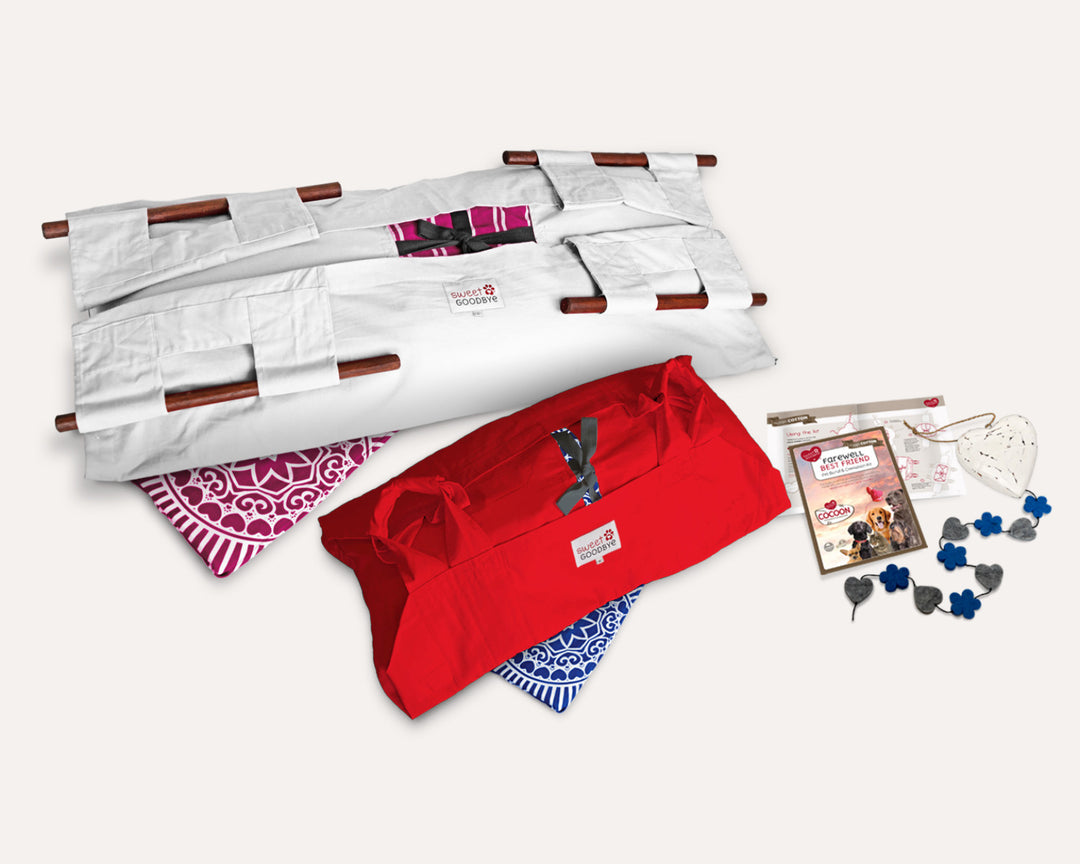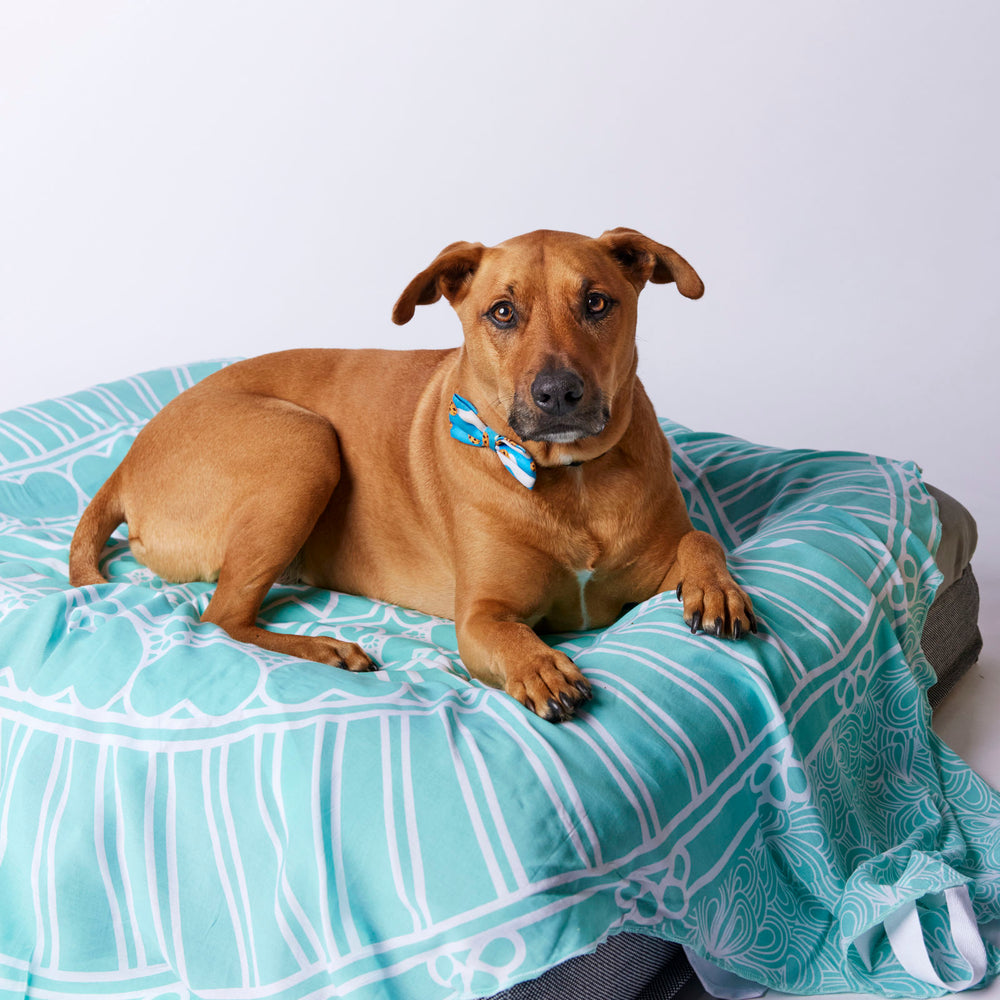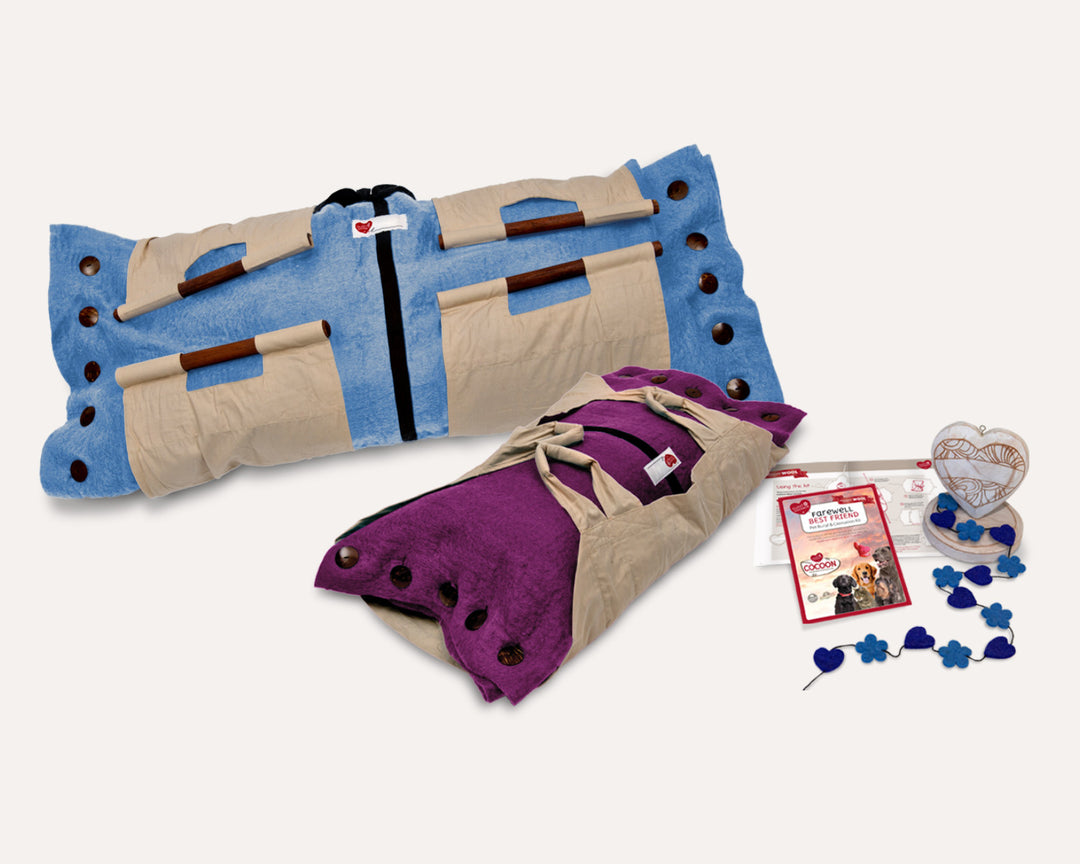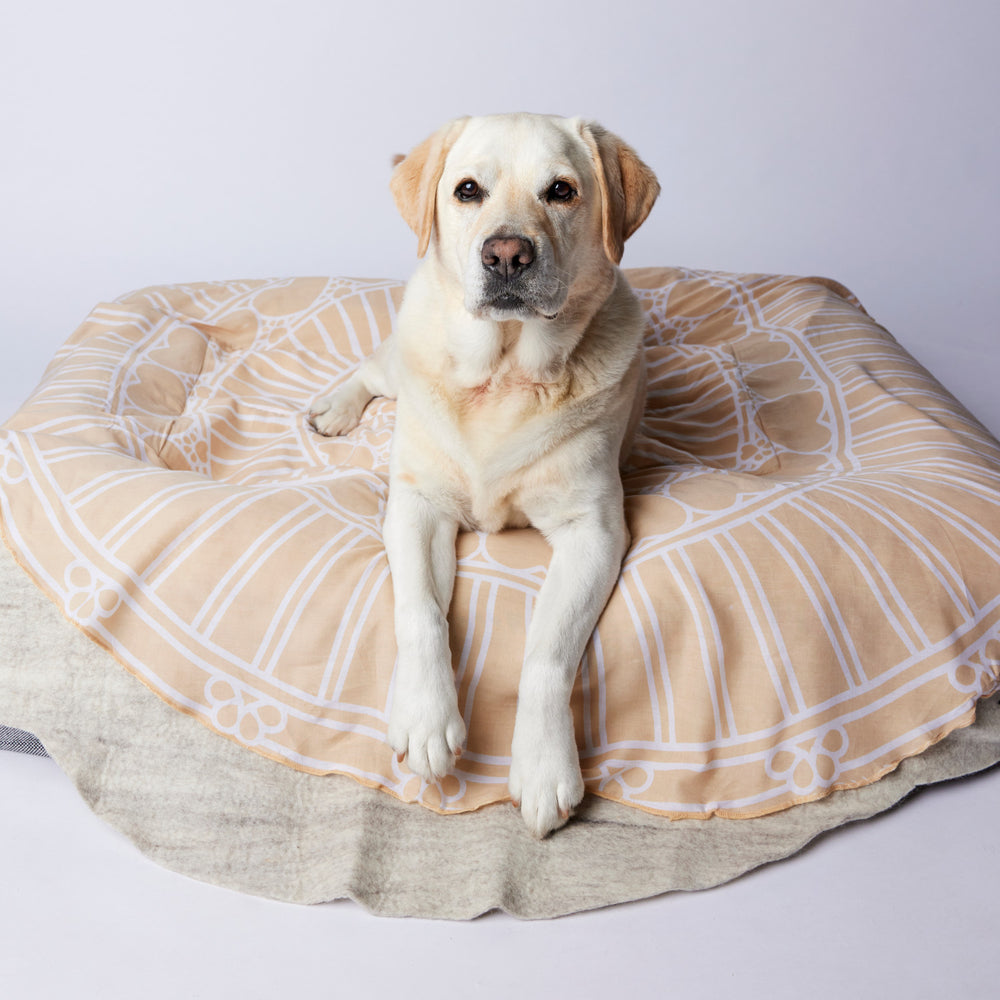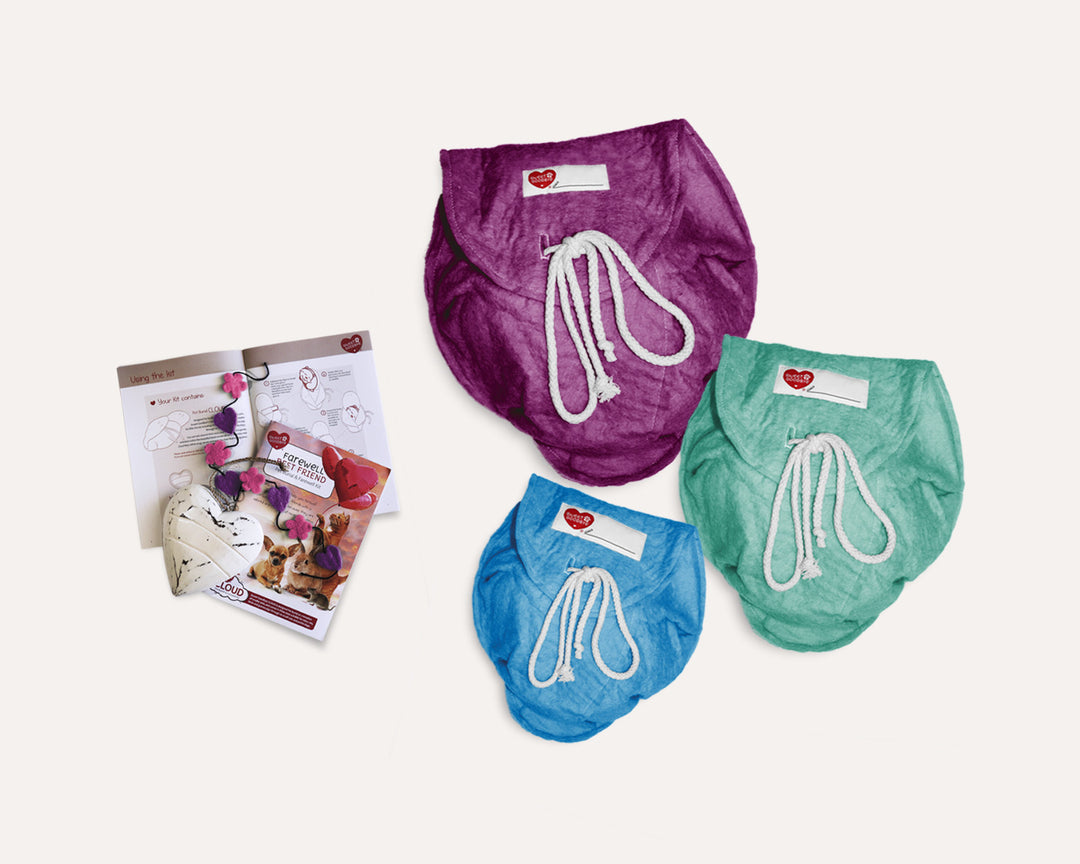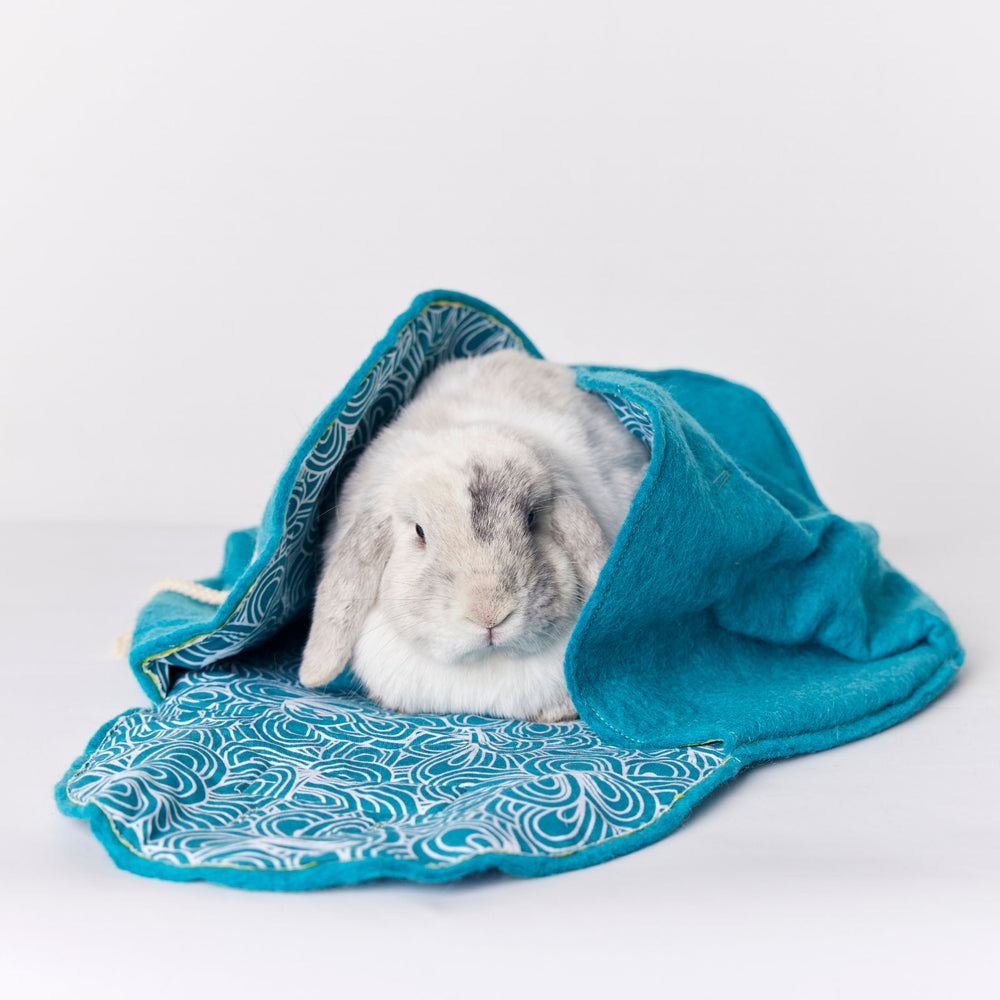Inside the World of Dingo Ownership with Megan and Daisy
Meet Megan, the proud owner of Daisy, a wild-born dingo with a personality as unique as her breed! After rescuing Daisy from a life in the wild, Megan has learned firsthand just how different dingoes are from traditional pets. From their cunning intelligence to their aloof, cat-like nature, caring for a dingo presents its own set of challenges — and rewards. In this interview, Megan shares what it's like to live with a dingo, including the quirks of training, their special diet, and the close-knit dingo community she's part of. Ready to dive into the world of dingoes? Read on for a fascinating look into life with one of Australia's most misunderstood wild dogs!

How did you come about owning a dingo?
Megan: So I saw on social media some posts that my auntie had shared about some orphaned dingoes and I thought they were really cute and I followed them for a while. And then when Daisy came up for adoption, I thought, well, why not? I'll give it a go. I needed a friend for the dog we already had and yeah, I got her.
How did it come about that Daisy was in the rescue situation?
Megan: So she was orphaned in the wild. Her and her brother, who's also been adopted, his name's Alby now, but they were found in some building rubble in Pilbara by some workmen, and they contacted Desert Dingo Rescue in South Headland who took her in, made sure she was cared for and healthy, and then advertised her for adoption.
How is a dingo different to other dog breeds?
Megan: Okay, so as I like to say, it's kind of like having a cat in a dog suit with a monkey brain. Obviously they look like a dog, hence the dog suit, but the monkey brain, so they're incredibly smart, a little bit too smart. I think she's smarter than me actually. Stubborn, aloof is the cat thing. So you can't really keep them away from anything. So she's on top of all our furniture. She eats her dinner on our outdoor table, she sleeps on top of the barbecue and she likes to jump on top of our wine barrel and knock everything off like a cat does and then sleep on there.

What about training? What are the challenges? Is there anything different with training dingoes?
Megan: Yeah, I've had zero success with training Daisy. She's probably trained me. I do hear from other owners that they can be, they are trainable if they want to be.
What makes them hard to train?
Megan: Their stubbornness, they're aloof. They're not really people pleasers like dogs. They sort of do their own thing.
And what about food? Is there any special diets?
Megan: Yes. So she can't eat grains or starches. Dingoes haven't actually developed the enzyme for them to be able to digest grains and starches. So if you do feed too many of those sorts of things, they will end up with health problems in the future.
What's their diet generally made of?
Megan: So I feed her pet meat like a mince. It's just a mixed meat with no other things added, like no grains or starch fillings or anything like that. She also gets an egg every night and I try and put some veggies and stuff in there. She's not very keen. She likes cheese. I do put cheese on her dinner every now and then as well, A bit of extra calcium. But yeah, it's funny, she went from starving to death in the wild to being quite fussy now!
What about care? Is there anything different as far as caring for a dingo as opposed to a regular breed?
Megan: Yeah, well she's pretty low maintenance as far as vet work goes. You do need high fences to keep them in. They can jump. We also, you have to deal with the digging, so I'm constantly filling in underground dens. There's one that I can't fill in right now because she's currently inside it, so she's going to be underground until she gets hungry tonight.
And what about veterinary care? Do you need to source a vet who's trained in that area?
Megan: Any regular vet can do the care. So she had her puppy vaccinations, her first lot in the rescue, and then I followed up when she was in my care and the desex thing. So it's all very similar to a dog. I do believe there is a slight difference with sedation and waking up, which I made them aware of. But yeah, other than that, pretty normal. My pet insurance covers her - that's good too
Can you tell me the desexing story please?
Megan: Okay, so she was still quite young and timid and didn't have a lot of trust in anyone and she doesn't like my partner. She didn't like men in general, but it's actually just my partner now. She's alright with other blokes apparently. So we had to catch her to take her to the vet. She ended up hiding in her kennel, which was her safe place at the time instead of an underground hole, which I wish she'd go back to. But anyway, so my partner sat at the doorway of the kennel because the idea was that she wouldn't go near him so she wouldn't run out the door. And then I was pulling the roof slats out so I could reach in to pick her up and put her in a crate to take her to the vet. Anyway, she decided that was a no-go and she ran over my partner who she scattered all over, and he'd just freshly showered to go to the vet. So she scattered all over him, which is what they do in the wild as a defense thing and it's very smelly. And then I tried to catch her and she jumped over me and I ended up with a big gash and yeah, I looked like, is it Jason from the horror movies? It looks like he got to me. It was quite traumatic for everybody involved.

Are there any rules in regards to keeping a dingo as a pet?
Megan: Not in Western Australia, there's guidelines, obviously. All of us who do care for dingoes, we communicate and bounce ideas off each other with training and everything like that. There's a few states where it is illegal, so Queensland you can't have one, they will take it and euthanise it. You do need permits in Victoria, I believe New South Wales is pretty relaxed. Tasmania, is a no go, they don't live down there anyway. And South Australia also a no-go.
ou mentioned you had a little bit of a dingo community. How many people are you aware of that actually are dingo owners?
Megan: So there's quite a few because obviously I communicate through the rescue. There is actually a rescue in Perth and she deals with quite a lot of orphans every year. And also the consequences from backyard breeders and people who buy a dingo and realise they're terrible pets actually compared to a dog. They're not terrible as such, but they're very challenging. So yeah, there's quite a lot of us.
How do people generally act knowing you’re a dingo owner?
Megan: I haven't had a lot of negativity. Mostly just curiosity really. Yeah, especially when they find out she wouldn't have survived in the wild - when she was found it was rescue or death. She didn't have the parents, so they were likely shot or poisoned as it's quite common everywhere in Australia actually. They're still quite widely considered pests by the farming community. But yeah, so she wouldn't have had that guidance to learn how to dingo really. So I mean she's got a few inherent traits, but she wouldn't survive in the wild without her couch to sleep on and her meals supplied at the same time every day.
Has she picked up anything from your other dog Loki? Do they learn from each other?
Megan: Yeah, I think Loki probably learns a lot more from her, but yeah, so dunno what she's picked up for him except maybe the bark. Yeah, and he thinks he's a dingo is obviously they play rough when they play. So yeah, he's a bit funny with other dogs because he's quite used to this wild little thing that doesn't really speak his language in his backyard.
I suppose it's like us, isn't it? They still learn to get along even though they're not the same, if that makes sense.
They do love each other and yeah, I've actually had, I've fostered a baby dingo in 2022 and yeah, Loki was really welcoming to the baby and she actually, Daisy decided that he was her baby and she got very motherly towards him. It was very cute, very hard to let him go.
What tips would you give to someone who's thinking of having a dingo as a pet?
Megan: You need a lot of patience. That's the first thing. Can't be house proud. She's destroyed everything that's very nice in our backyard. She also did rip up our flooring in the first couple of weeks we had her because she was inside, so she ripped up some flooring and gouged teeth marks into our walls and they are kleptomaniacs. So you've got to be quite on guard with your belongings if you don't want them stolen and hidden.
What's her funniest trait or characteristic?
Megan: The funniest. I think everything she does is funny, but when she gets playful she does the little play bows and she'll sort of come up quite close to me, but not quite and then just run off again and then come back with her tail wagging. It's very cute. And then the funny cough bark.
Is Daisy a pure dingo?
Megan: So when we first got Daisy, we actually had her DNA tested by a researcher from the University of New South Wales, Dr. Kylie Cairns. So she actually does a lot of research all over Australia with dingoes that have been found either killed or orphaned and adopted. There is a widespread belief that there isn't any pure dingoes on the Australian mainland when in fact most of them are pure or extremely high content.

Where can you get information and support for dingo owners?
Megan: Yeah, so there's plenty of groups on socials. So I work a lot with Highlands Dingo Rescue, so she used to be Desert Dingo rescue in the Pilbara. She's now in New South Wales. She's a lot busier over there and they have mostly the alpine dingoes as well, which are a bit fluffier, so they're quite helpful. They'll help anyone. Perth Dingo, rescue Lara, she's lovely as well. There's a page that I'm on as well. Perth Dingo guardians or something along those lines. There's a lot of resources if you just Google as well.
Can you share a few interesting facts about Dingo’s?
Megan: They don't bark -they do howl.
They only have one annual breeding cycle per year and the litters in the wild are generally quite small.
They can not digest grains or starches.
They can live for up to 20 years in captivity. So big commitment if you’re looking to have one as a pet.
When I eventually get space for another one, I'd love to give an old dog a chance making sure they're living their last few years being spoiled. I actually love Greyhounds as well. Big advocate for the adopting an ex-race in Greyhound.
-----
A huge thank you to Megan for taking the time to talk to us about her life with a wild-born Dingo!




